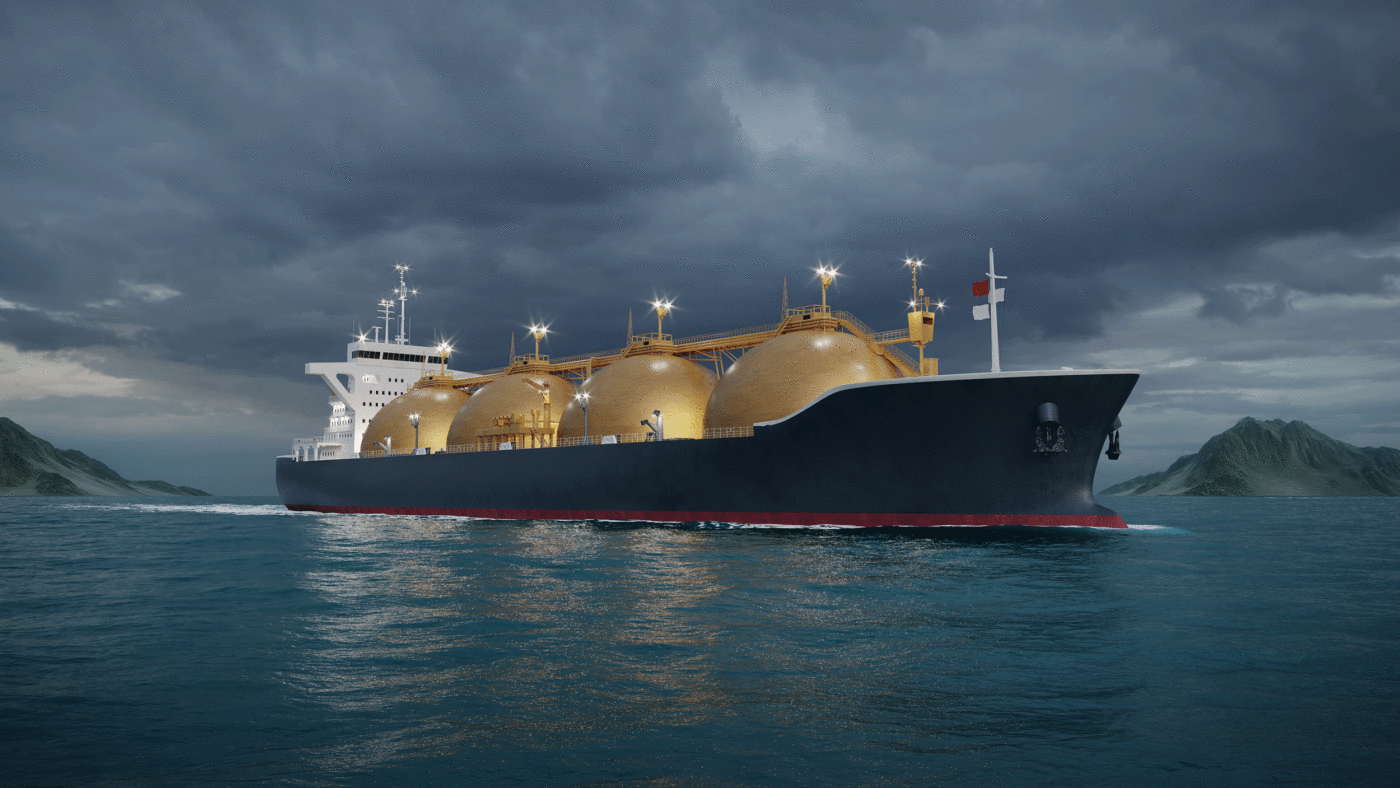The industrial revolution in the UK was driven by water power and later transformed by steam power. It is true there were windmills as well as water mills, but water mills in most parts of the country dominated because the flow of rivers and streams was more reliable than wind. The advent of the coal-powered steam engine provided more powerful machines with even greater reliability than water. Many rushed to invest and the UK became the factory of the world.
The UK should not feel guilty to have pioneered great inventions that made better clothes and food, made heating cheaper and led to a leap in living standards. The fact that India, China and other emerging economies today are still mining even larger amounts of coal to fuel their journey out of poverty shows the significance of the breakthroughs the UK gave the world. Of course, now many technologies have moved on and the environmental drawbacks of coal have become more obvious we can work with them to deploy better ways of powering factories and heating homes. The series of COP meetings are designed to encourage the new large users of coal to make a change.
Today the UK can learn from its past as well. The choice of water rather than wind by many millers reflected experience that the wind could be an unreliable friend. At the moment we are too dependent on wind power to generate electricity. There were weeks towards the end of last year when the wind did not blow, forcing the country to generate power from coal, despite the environmental objections, in order to keep the lights on.
Policy is also driving us to become more and more dependent on European imports. This has its risks. Their wind may not be blowing either as they too are building more and more windmills. French nuclear power is subject these days to more temporary shutdowns and will need replacement plants in due course that are not in construction. Much of European continental electricity comes from burning coal and gas, meaning we are indirectly importing fossil fuel energy in order not to burn our own. Why?
It is a cruel deception to say we are getting our carbon dioxide output down by accounting for imported electricity generated from coal or gas as carbon-free because we did not generate it here. Last autumn with little wind we needed more gas to drive the power stations and heat our homes. Gas was short generally in Europe, so we had to pay sky high spot prices for a fuel we could provide for ourselves at more realistic long-term contract prices.
Germany and Poland still use a lot of coal. Germany is now persuaded it needs to remove coal from its mix. With the wider EU they have now designated gas as a green fuel on the grounds that in transition it generates less CO2 than coal, and in due course says its systems burning natural gas can be switched to green hydrogen. The UK should also designate gas in the same way as the EU.
UK gas from the North Sea would generate less CO2 in production and use than LNG brought thousands of miles to our shores by tanker. The general shortage of gas in Europe is leading the EU to more dependence on Mr Putin and Russia. The UK has no need to do the same. The Government should grant the exploration and development wells licences to press on with producing more UK gas. It is cleaner and greener than coal and works when the wind does not blow or blows too hard.
If we develop more renewable electricity then storing that energy in the form of green hydrogen may become an option. In the meanwhile we need to ease the squeeze on gas prices and keep the lights on. To do that we need to produce more of our own gas and expand our water power.
Click here to subscribe to our daily briefing – the best pieces from CapX and across the web.
CapX depends on the generosity of its readers. If you value what we do, please consider making a donation.


